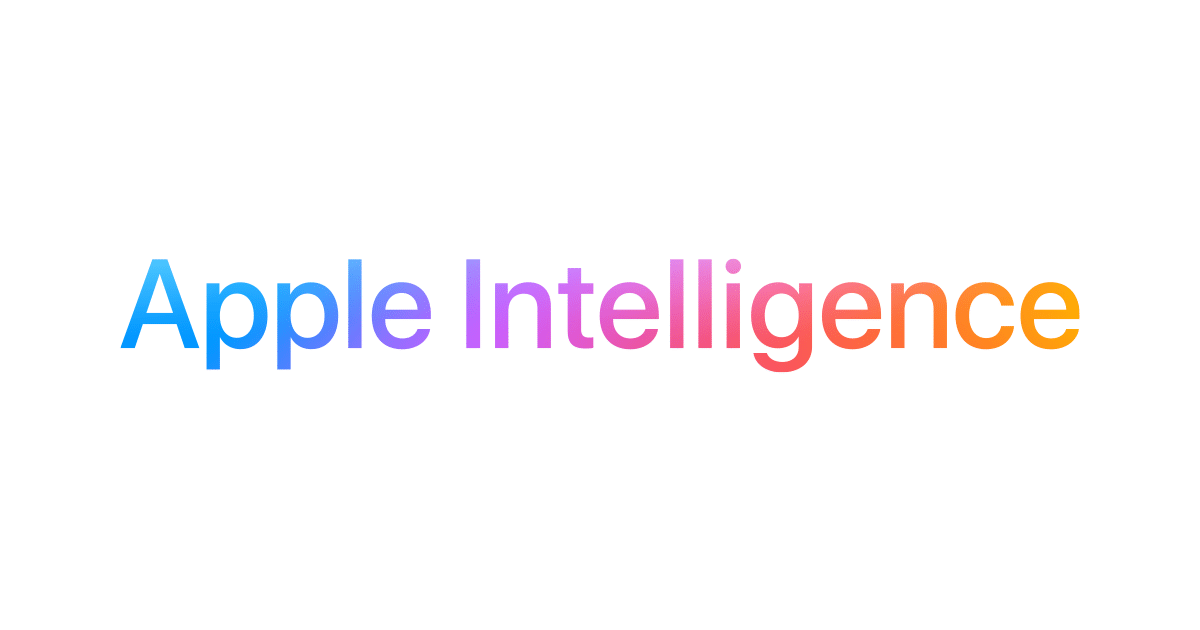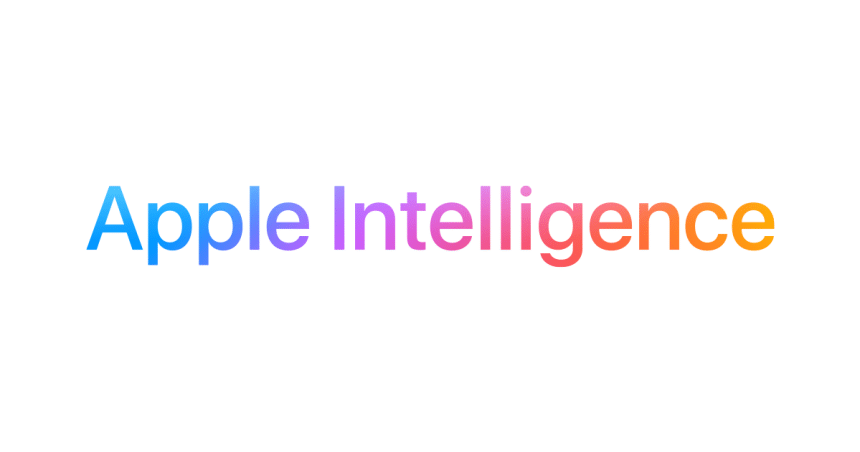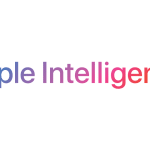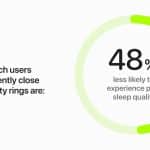Apple is placing a strong emphasis on privacy and security with the rollout of its on-device artificial intelligence (AI) features. While the company is lagging behind competitors in some AI capabilities, it is leveraging on-device processing to differentiate itself in the growing AI market.
Privacy and Security in Focus
Unlike many competitors that rely heavily on cloud-based AI, Apple’s new AI system processes much of its data directly on the device. This strategy minimizes the amount of personal data shared with external servers, offering users greater privacy and control. Apple’s on-device AI model alerts users when any external resource, like ChatGPT, is accessed and clearly outlines what data is shared.

Closing the AI Gap
Despite its focus on privacy, Apple has admitted it needs to close the gap in AI functionality compared to rivals. Internal reports suggest that ChatGPT outperforms Siri in accuracy and response range, which has led Apple to push hard for improvements. These include new features like smarter notifications and the ability to summarize long messages. In 2025, Apple plans to introduce an upgraded version of Siri along with generative emoji creation and image manipulation capabilities.
Hardware Limitations
One significant challenge for Apple is the hardware requirements for its advanced AI features. Only newer devices, like the iPhone 15 Pro and models equipped with A17 or M1 chips, will support Apple’s upcoming AI capabilities. This decision may encourage users to upgrade, but it also limits access to AI for those with older devices.
The Road Ahead
Apple’s AI strategy includes hiring more engineers and acquiring companies with advanced technology. The company aims to fully integrate AI across its product lines by 2026. By then, Apple hopes to have caught up with its competitors while maintaining its commitment to privacy and security.












